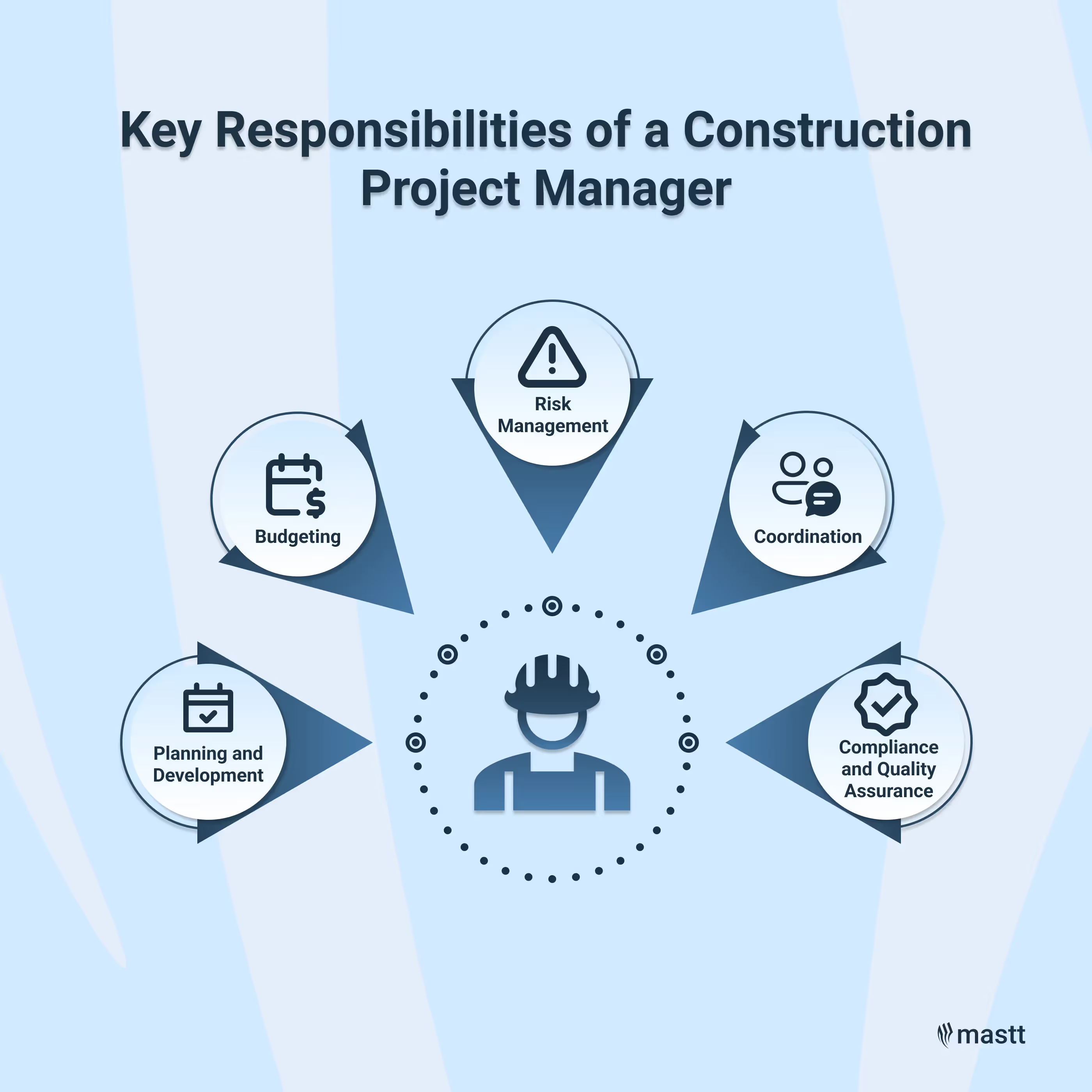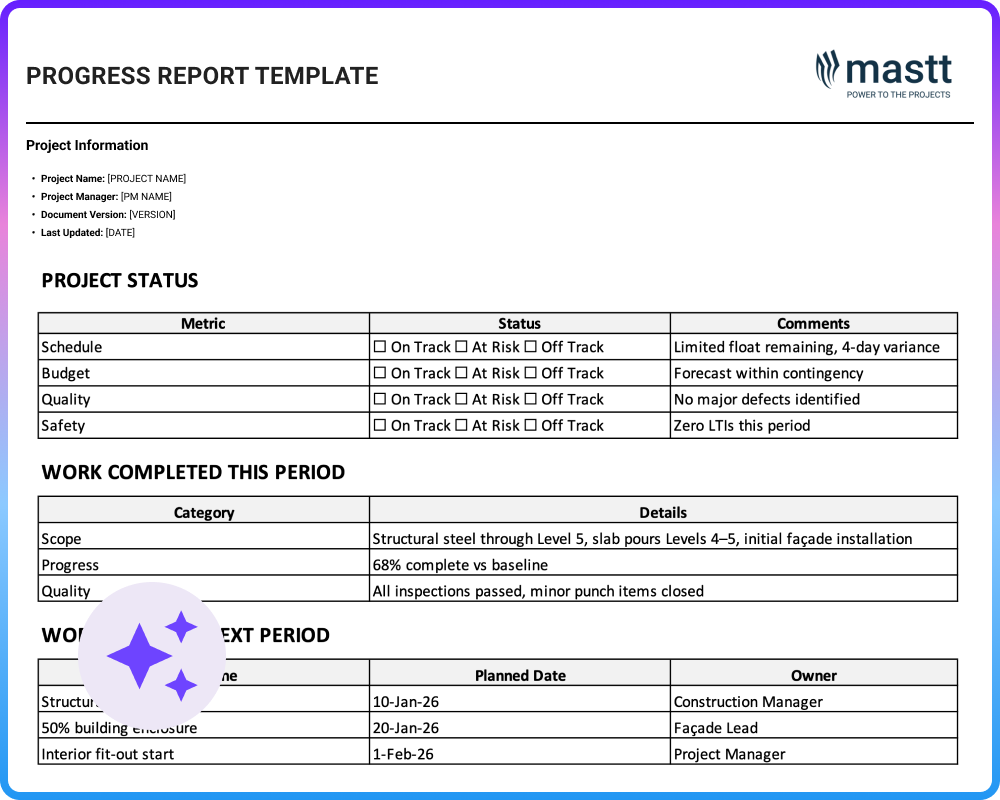Construction is a dynamic and multifaceted industry, requiring meticulous planning, coordination, and execution. Having worked extensively in the field, I can attest that effective project management in construction sets the foundation for a project's success. Whether dealing with supply chain project management or navigating complex stakeholder interactions, a project manager plays a crucial role. If you're keen to dive deeper, check out this Construction Project Management.
Understanding Project Management in Construction
Being a project manager in the construction realm involves a blend of various skills. From harnessing technical expertise to maintaining smooth communication channels among stakeholders, the role requires one to wear multiple hats. Construction management isn't just about overseeing the building process; it's about ensuring every single detail aligns perfectly with the overall project goals. Every phase of construction—from conception to delivery—requires thoughtful leadership, strategic planning, and practical problem-solving.
Construction is highly collaborative by nature. A project manager (PM) not only oversees operations but also builds trust among the various teams involved. In construction, the term “project success” refers not only to meeting deadlines and staying within budget but also to satisfying project owners, minimizing disruptions, and ensuring safety and quality. The PM bridges gaps between design and implementation, ensuring vision becomes reality.
Key Responsibilities of a Construction Project Manager
So, what does a project manager do in construction? Let's break it down:
- Planning and Development
The cornerstone of any successful project lies in comprehensive planning. Project managers draft detailed timelines, outline phases, set critical milestones, and allocate resources effectively. They assess the feasibility of the project and create contingency plans. Effective planning ensures smooth execution and keeps the team aligned with the project’s objectives. Learn more about construction planning and how it impacts project outcomes.
- Budgeting
Keeping the project within financial constraints while ensuring quality is an essential task. Budget overruns are a common challenge in construction, so project managers meticulously track expenses and cash flows. Through forecasting and cost monitoring, they prevent financial surprises from derailing the project. Discover useful strategies in our budgeting and forecasting guide.
- Risk Management
Every construction project involves uncertainty. From weather delays to supply chain disruptions, risks abound. Project managers identify risks early and develop mitigation strategies to avoid setbacks.
- Coordination
Acting as a liaison between multiple stakeholders—including general contractors, subcontractors, architects, engineers, and clients—is one of the most important functions of a PM. Coordination ensures that everyone works cohesively toward a shared goal. Learn more about the role of a general contractor in this process.
- Compliance and Quality Assurance
Ensuring the project adheres to all relevant laws, codes, regulations, and safety standards is critical. Non-compliance can lead to costly fines, project delays, or even safety hazards. Learn how to maintain high standards with our construction quality control guide.
From my own experience, the thrill of seeing a project come to life from a set of blueprints is unparalleled. But, that thrill is accompanied by an immense responsibility to keep everything on track.

Steps to Become a Construction Project Manager
Interested in becoming a construction project manager? Here's your simple guide:
- Education:
- Typically, a degree in civil engineering, construction management, architecture, or a related field is essential. Courses in project management or supply chain project management can be incredibly beneficial for developing critical thinking and planning skills.
- Gaining Experience:
- Practical, hands-on experience is the key to becoming a successful project manager. Many begin with entry-level roles in the construction industry, such as site engineers, assistant project managers, or quantity surveyors, gradually taking on more responsibilities.
- Certifications:
- Credentials like the PMP (Project Management Professional) certification can significantly enhance your resume. Other certifications tailored to construction management, such as the Certified Construction Manager (CCM), are also valuable.
- Networking:
- Engaging with industry professionals helps expand your network and access career opportunities. Attending seminars, trade shows, and workshops provides insights into emerging trends and innovations in the field.
- Continuous Learning:
- The construction landscape is constantly evolving. Stay updated with new trends, including AI in project management, to maintain your competitive edge.
Tools and Resources for Construction Project Managers
Successful project management requires the right set of tools. Here’s a list of resources that can streamline your workflow:
- Project Management Software: Explore tools that help with seamless collaboration and documentation. Learn about the benefits of project delivery methods.
- Budgeting and Forecasting Tools: Maintaining fiscal discipline is essential. See how budgeting strategies fit into the broader construction project management lifecycle.
- Integration Solutions: Platforms that facilitate the integration of multiple systems enable a more holistic view. For example, PMIS tools allow comprehensive tracking of all project phases.
- Templates and Registers: Useful templates, such as RFI templates or meeting minute templates, can streamline documentation.
Challenges and Rewards of Construction Project Management
Project management in construction isn’t for the faint-hearted. It demands a combination of intelligence, resilience, and a knack for problem-solving. The fast-paced environment can be both demanding and stressful, requiring exceptional organizational and multitasking abilities. Tight deadlines, budget constraints, unexpected setbacks, and stakeholder expectations must all be managed with skill and composure.
However, the rewards are equally significant. The satisfaction of bringing a vision to life—watching a project evolve from concept to completion—is a deeply fulfilling experience. Each project has its own unique challenges and learning opportunities, which makes the career both engaging and enriching. No two days are the same, and every new project offers a chance to grow, improve, and contribute to society.
Final Thoughts
Drawing from my own journey, the joy of witnessing a project evolve from an idea to reality is profound. It’s a field where every day is a learning opportunity, and each project is a story in itself. Construction project management offers not just a job but a career filled with creativity, responsibility, and continuous development.
For those considering a career in this field, it's important to embrace both the challenges and the rewards. It’s not just about completing buildings; it’s about leaving a lasting impact. If you’re passionate about construction, enjoy problem-solving, and thrive in dynamic environments, becoming a construction project manager could be the perfect career path for you.






.avif)





%2520on%2520Construction%2520Sites%2520_%2520Australia%2520(1).avif)
.avif)


